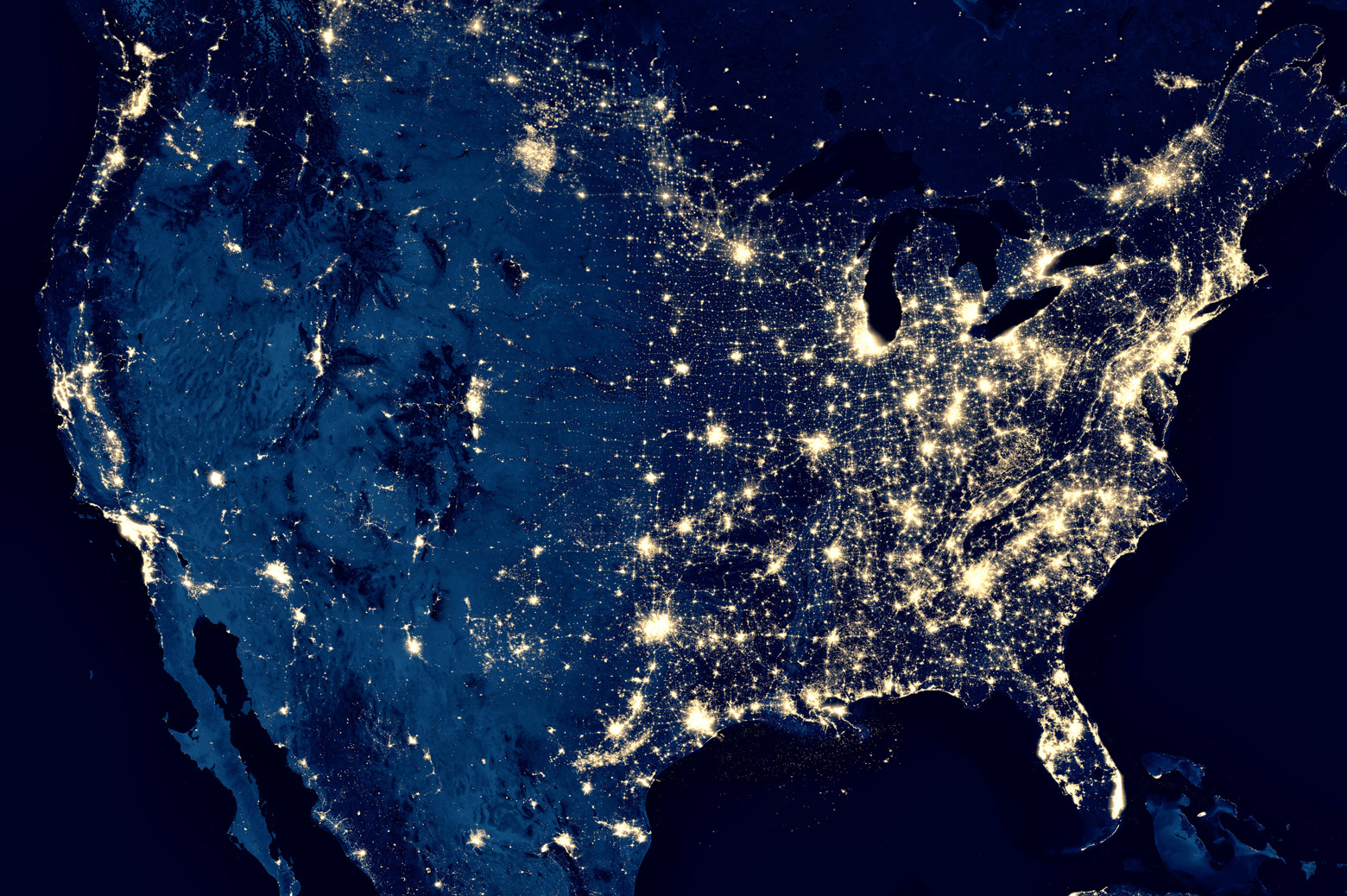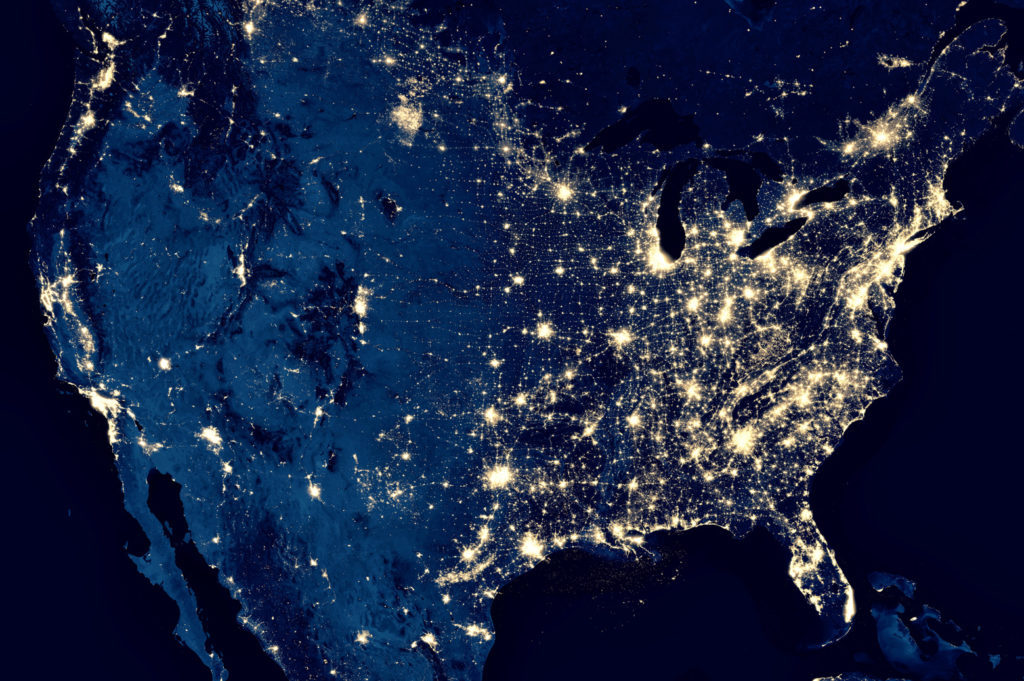
Biden’s climate pledge: Engineers offer insights
Experts on electric vehicles, carbon capture and sequestration, and nuclear energy weigh in.

Experts on electric vehicles, carbon capture and sequestration, and nuclear energy weigh in.
EXPERTS:
President Joe Biden pledged to cut U.S. greenhouse-gas emissions in half by 2030 during a virtual climate summit Thursday with 40 world leaders. Michigan Engineering researchers discussed the role of vehicle electrification and better batteries, nuclear energy and carbon recycling in meeting that target.
“This is a critical point in time. We are still in the growth phase of EV adoption,” said Anna Stefanopoulou, the William Clay Ford Professor of Technology and a professor of mechanical engineering.
“Biden’s emissions reduction target will require enormous growth in lithium-ion battery production for those future EVs. It will also demand monumental efforts to reduce lithium-ion battery costs, to minimize pollution from mining, processing and manufacturing them, and to effectively manage millions of gigawatt hours worth of retired batteries so they don’t become environmental hazards for disadvantaged communities in the coming decades.
“We still have the opportunity to address these challenges by developing a circular battery economy here in the U.S. and by training the experts who can engineer clean transportation solutions and grow a skilled workforce who can manufacture, remanufacture, operate, assess and service batteries.”
Todd Allen is the Glenn F. and Gladys H. Knoll Department Chair of Nuclear Engineering and Radiological Sciences and founding director of Fastest Path to Zero, an interdisciplinary U-M initiative that helps communities meet ambitious climate goals. He recently wrote an op-ed that’s published in the Hill titled “Global climate efforts require nuclear energy — and the US is positioned to lead.”

“Decreasing emissions requires more nuclear energy as a key component of the U.S. zero-carbon production portfolio, and the Biden administration has set up the possibility to see more advancements in nuclear than we have seen in decades,” he said. “However, to date, very few of the current 30 countries using nuclear power have explicitly mentioned nuclear in their Nationally Determined Contributions.
“If the U.S. wants to show leadership on the world stage, there is no better time than now to stand up nuclear to help meet the climate challenge. The U.S. needs to present bold plans for nuclear, alongside other low-carbon energy sources. I recommend the U.S. commit to the inclusion of nuclear energy in support of the Paris Agreement.”
The Global CO2 Initiative at U-M explores technologies to remove carbon dioxide from the atmosphere and turn it into useful and profitable products. It’s led by Volker Sick, an Arthur F. Thurnau Professor and the DTE Energy Professor of Advanced Energy Research in mechanical engineering.
“President Biden’s plan to dramatically and quickly reduce our CO2 emissions is a critical step for the environment and a huge opportunity for our economy,” Sick said. “A wide range of efforts is needed to reduce our carbon footprint, beyond making carbon-free energy widely available. This is a chance for US entrepreneurs to develop and launch new technologies that turn CO2 into everyday products that currently require fossil carbon to make. These technologies will require an entirely new workforce with additional jobs across the country.”